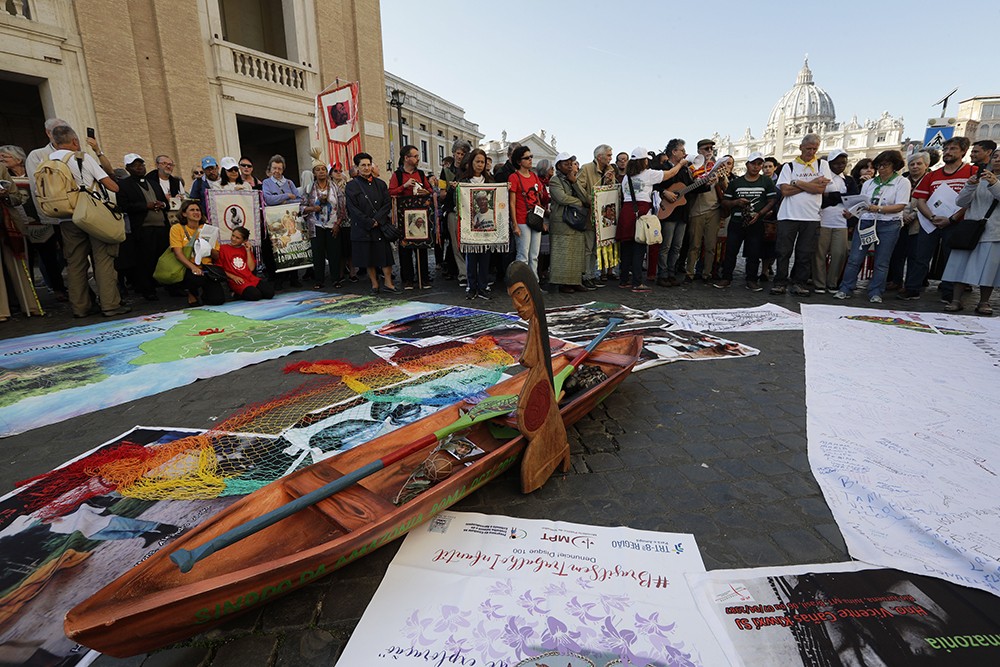After Amazon synod, Pope Francis criticizes cultural discrimination

In a book-length interview published November 5, Pope Francis discusses his vision for a missionary church and criticizes groups that discriminate against other cultures and view them as unworthy of receiving the gospel.
“There are circles and sectors that present themselves as ilustrados (enlightened)—they sequester the proclamation of the gospel through a distorted reasoning that divides the world between ‘civilized’ and ‘barbaric,’” Francis said in the interview.
“They consider a large part of the human family as a lower-class entity, unable to achieve decent levels in spiritual and intellectual life. On this basis, contempt can develop for people considered to be second rate,” he said, adding that “all this also emerged during the Synod of Bishops for the Amazon.”




